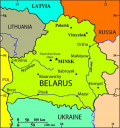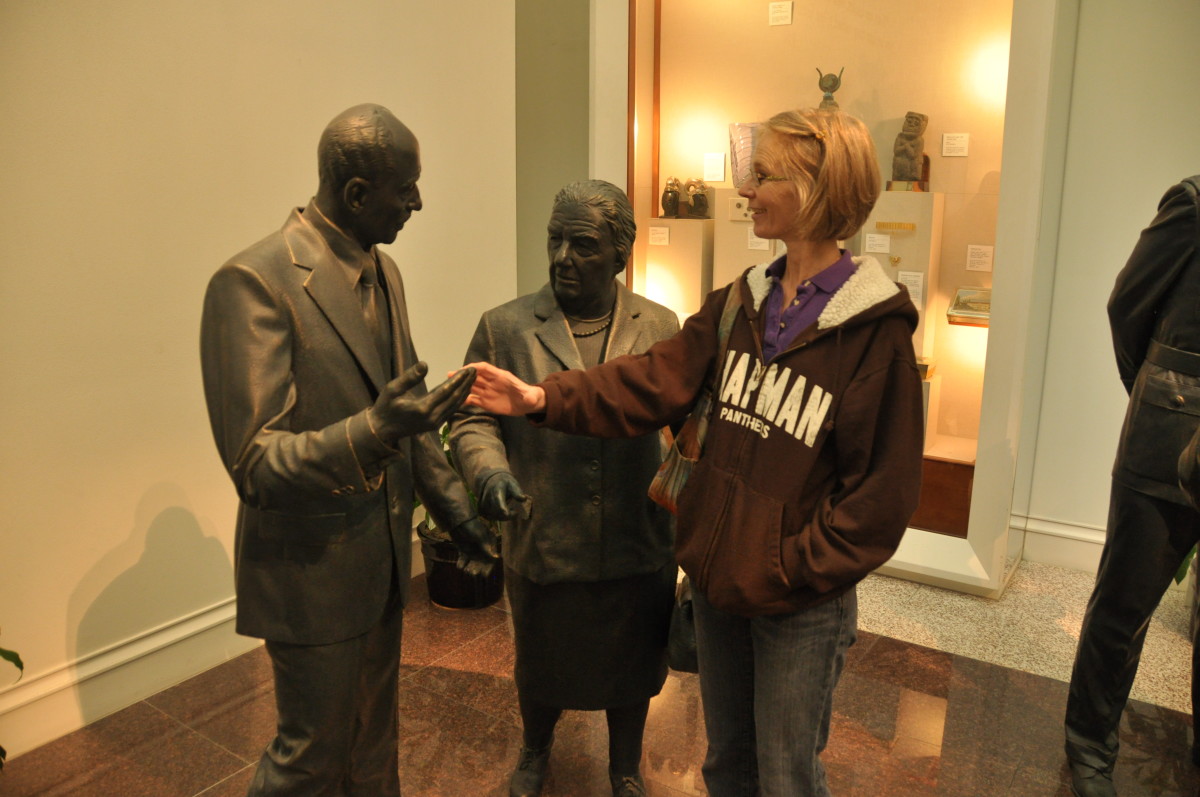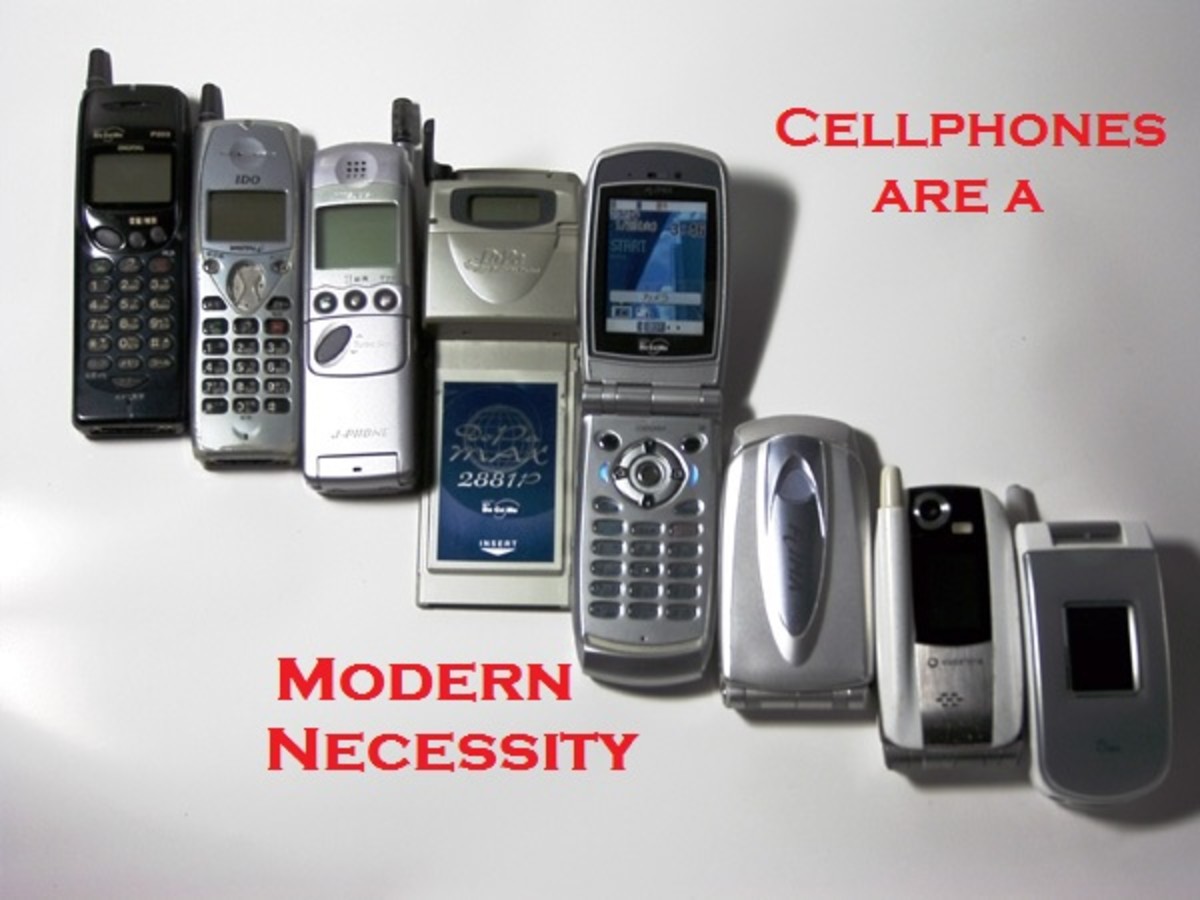A Higher or Mere Education?

It is important to contemplate the current concept and value of a higher education (at least to me). That is because the emphasis placed on the value of a higher education has little bearing or relevance to what a higher education should be or is. Politics plays a huge role, no doubt; so I thought to distinguish between the two political parties and their approach to the meaning and purpose of a higher education. Let us distinguish.
The Liberal Concept of a Higher Education
What a liberal truly believes is that a person cannot be considered intelligent with gifts independent of a higher education. By placing such a huge emphasis on a college education, therefore, and making it a requirement for success in America, or in life as is, they avoid entirely the truth that some people have a “gift” in one area or another irrespective of whether they have a college education or not, and that - at least historically in this country - persons were able to make a living in one occupation or another and be content with their occupation whether they had a higher education or not.
But while a higher education is certainly to be valued as an advantage to various career modalities and success, unlike a “technical” education, what we see happening today is resulting in cultivating a non-creative mindset that is averse to independent thought and preventing many persons, who are unique and can “think” independent of collective reasoning, from achieving their highest potential.
Why is this so? Let us look at labor and the workforce. The liberals now control most of the workforce (more so in the last decade than at any other time) and by placing too much value on an education, rather than the “character” of its workers, have succeeded at the opposite of their “fair” intentions, thus discriminating unfairly in the hiring processes. One example of this is the decline of the “administrative” positions and the new requirement for the few positions available that one have a Bachelor’s degree. [Now we know that technology has its influences, but apart from such influences, when we look at the hiring process and qualifications of employees in the administrative fields, one sees very clearly how discrimination has become more rampant in this field.]
It is ridiculous and patently absurd that a person applying for a secretarial job, for example, need have a Bachelor’s degree. Why? The job is of the kind that a higher education is not needed for success. Any person who is a secretary knows exactly what I mean. What is more important to possess in the administrative positions is character, experience, skill, discipline and references from previous employers. Yet, now, we see more and more businesses requiring a secretary to have a college degree. [I saw one ad that made me laugh:
“Legal Secretary needed to assist partner and three associates. Must be college graduate with 3.0 grade average or higher. No experience needed.”]
If this is not discriminatory, I don’t know what is. This ad says two things: 1) they want a “young” secretary, and 2) they want a secretary that comes from a certain “class” (since it is unlikely that a college graduate with a 3.0 grade-point average would be of the “working class” variety given the fact that most secretaries become secretaries because they could not - for one reason or another - afford college). Moreover, that “youth” was the most highly valued credential to this employer is painfully obvious, as well as the purposeful alienation of a pool of highly qualified applicants with superior skills that this ad apparently regards as irrelevant.
The Conservative Concept of Higher Education
The conservative concept of education is one of “character” development. To the conservative, all education is merely a means by which acquired “knowledge” is cultivated as a tool to fulfill the specific needs of society and which contributes to the benefit of peoples and economic stability, like in the legal and medical professions, whose goals used to be for the benefit of society as a whole (but no longer); and it is “character” and one’s ability to “think” that is more important than the mere achievement of obtaining one kind of degree or another. Moreover, a position in the professions was not one that entitled persons to act like “rulers” over less educated persons, which we have more of today in our professionals, which evidences lack of character. The higher salary used to be its own award, and an individual’s expertise in a profession was responsible for the individual’s or company’s prestige. Why is it then that now all we see is a narcissistic and childlike hubris and ruling elite in the professions?
Years ago, for example, professionals were not filled with the “hubris” that possesses them today. Legal professionals, with whom I worked in 1983, were not “nosey” or “controlling” over their rank and file staff like they are today. They valued what they did independent of others opinion. There was no malicious gossip that I can recall, and it was considered “strange” if colleagues competed with other individuals on a personal level. Back then, everybody was part of a team and the secretary was considered as valuable to the integral functions of the law practice as much as the associate.
Of course technology has much to blame for the changes in the role of the legal secretary, but why is it now necessary that a secretary possess a Bachelor’s degree to be considered for a position in this field? And is it not ironic that even though there were more college educated secretaries back then and more education was desired by employers to carry out the tasks of the legal secretary of the past, that a college education at that time was not a requirement? That one secretary, without a college education, worked alongside another who had a college education was very common in those days.
With a more conservative agenda, a lawyer’s knowledge gained from a higher education became only “exceptional” when accentuated and nurtured by his “character,” and the lawyer’s independent thought. The field itself could not have expanded to employ so many if this were not the protocol. A professional’s individual “thinking,” therefore - or “exceptional-ism” - was reflected in the work product. The quality that created his or her “uniqueness” apart from his or her peers was encouraged and rewarded because it came from his or her own individual experience, free expression (or “style”) as an “individual,” that resulted in bringing uniqueness and an overall gratification to the practice of the profession (which is disappearing today if anyone cares to take notice).
But criticism by the left is often leveled against conservatives by what they call “unfair” when “exceptionalism” alienates the “unexceptional.” Instead of encouraging an environment that nurtures “exceptionalism” (which would encourage morale in any office) the liberals deem an individual’s successes “selfish” if they are “better” or “more educated,” thus alienating a group of workers who are not of the same belief. However, this is a fraudulent but convenient attack borne out of a “projection” of felt inferiority. (If the others truly cared about the success of the work product, why be affected emotionally by another's exceptionalism? If one is torn apart inwardly by the success of another, why is it the fault of the other?)
Cultivating one’s ability to “think” has always been the emphasis of education in the past, and it is rather this ability to “think” or the individuals felt “vocation” that threatens the liberal’s need to control independent thought, which in the end does nothing to serve the needs of the society or the undereducated but rather puts them more “under their thumb” or in a “box” then at any time in the past; the paradox being, strangely enough, that the workplace is evolving into a force of “elites” far more “privileged” than those considered “privileged” in the past. Being forced to work constantly “under the thumb” of others then has the consequence of making the professions more mundane and destroying morale.
Analysis
So with all the suffering and pain “exceptionalism” purportedly causes today, and with higher education becoming more and more a mandate for success in America, the government now can control who succeeds and who does not, not only in the professions but in life itself. Obama’s call that everyone return to school then, which on its face appears to be a good thing [even though no country on earth since the beginning of time has ever accomplished such a feat], will undoubtedly have the opposite effect of destroying the professions (which, as I already mentioned above, is happening now), since in order to accomplish that end, what is “exceptional” and what is “quality” will by necessity be sacrificed to a lowering of ideals of quality whereby education will by necessity evolve into, not a “higher” education at all, but only a “mere” education crafted in conformity and ineffectual principles of equality. [Must interject here that the Reader should get a copy of Zen and the Art of Motorcycle Maintenance by Robert Pirsig. This book delves into aspects of “quality” and the psychological effects the lack of quality has, not only if absent from the individual, but for society as a whole.]
Grave consequences are ahead for our country when quality and character are absent from the labor force.
Conclusion
As I see it, the people have voted away freedom in this election. They have voted against the individual and independent thought. That one’s character, irrespective of his or her level of education, can move one who possesses it into a sphere higher than the mundane, or even above those with a higher education has always been viewed as a threat to the liberal among us. And therein lays the “injustice” to the liberal: that an individual can stand out among his or her peers thinking uniquely and apart from the rest because of the independent quality of “character” and/or his or her ability to “think” without identifying themselves as associated with any group. To the liberal, this is truly what is "unfair."
And this is the reason we see the professionals AND the professions disintegrating today, and it is no surprise or coincidence that this is happening with the rise of the New Left and its tenets of “fairness,” equal distribution, material empowerment, etc., which are no more than the propagandizing use of words (from the passions of their hearts) to keep exceptionalism out of the professions, and an unwillingness to consider the importance of character.
It is the education of the individual that is being lost to false precepts of collective “fairness,” and “justice,” simply because individualism provokes emotions difficult to bear or admit to, and arising out of a false notion and belief by liberals that uniqueness has nothing to offer, which is, paradoxically, the true unfairness and injustice. Why is it more exceptional and fair to be one on the same level with another possessing no character, thus depriving that one of good character contentment or pursuit of happiness in life, simply for conformance to an empty spirit of company whose only goal is a materialistically-minded mere education?








